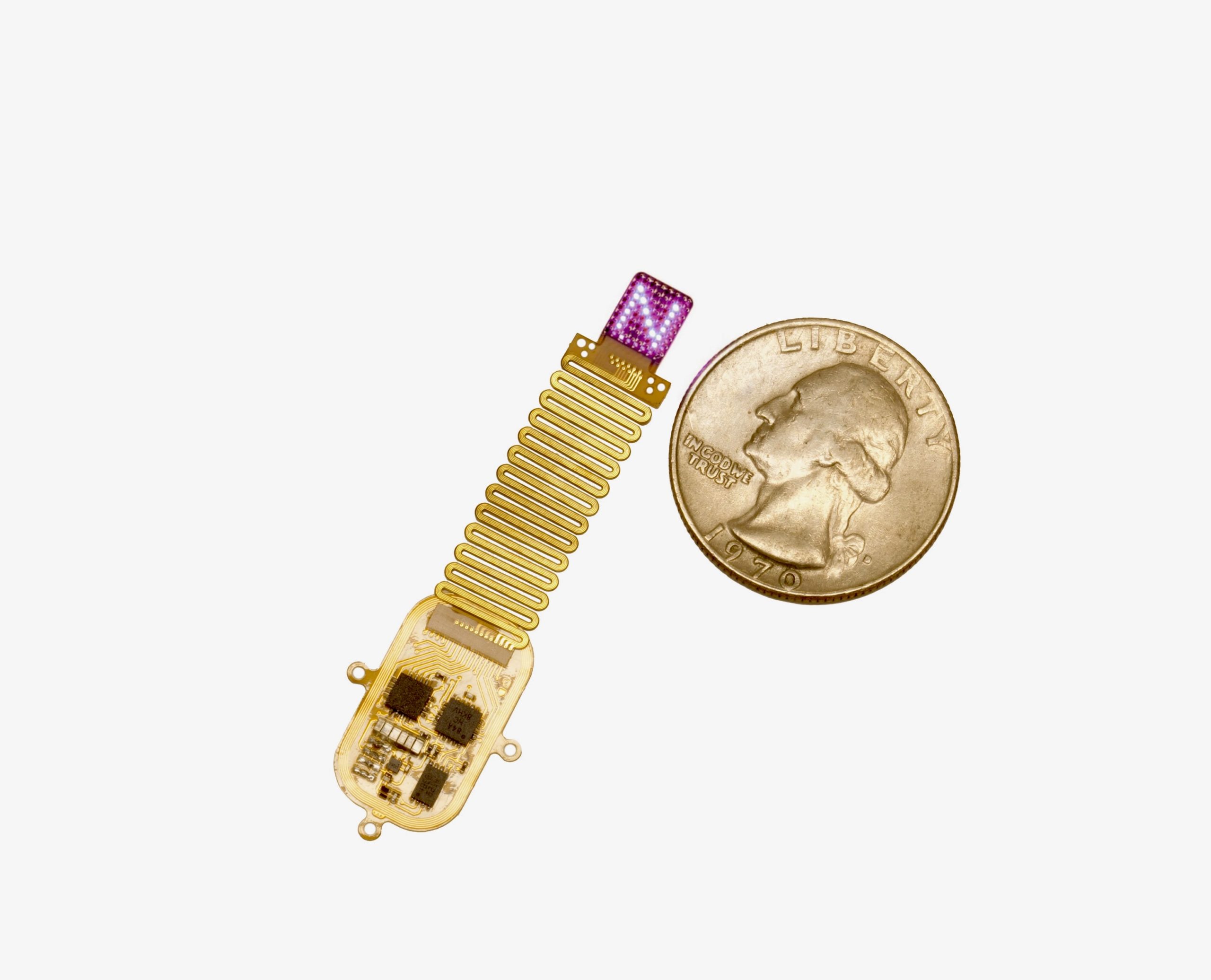
Northwestern Medicine investigators have discovered how disruptions in circadian rhythm in our muscles combined with poor diet can contribute to the development of diabetes, according to a recent study published in Proceedings of the National Academy of Sciences.
“When we mess up our circadian rhythms through environmental circadian disruption like shift work, jet lag or sleep deprivation, it’s possible that it’s impacting our muscle clocks and metabolism. If that’s happening and we are combining this with an unhealthy diet, this might make it more likely for us to develop glucose intolerance and diabetes,” said Clara Peek, PhD, assistant professor of Biochemistry and Molecular Genetics and of Medicine in the Division of Endocrinology, Metabolism and Molecular Medicine, who was senior author of the study.
The body’s natural circadian clock is comprised of proteins called transcription factors that are present throughout the body including muscle tissue. The clock synchronizes physical and behavioral changes to the external environment during the 24-hour light cycle.
Disruptions in circadian rhythm have previously been associated with the development of metabolic diseases, but the contributions of the skeletal muscle clock have remained elusive.
In the current study, Peek’s team sought to understand how circadian rhythm influences muscle metabolism – the process of muscles converting nutrients, such as glucose, into energy – and how disrupting this internal clock could accelerate glucose intolerance during obesity induced by poor diet.
The investigators studied mice given a high-fat and high-carbohydrate diet and that lacked the BMAL1 gene, which previous work established regulates circadian rhythm as well as muscle function and metabolism.

The investigators found that these mice demonstrated accelerated glucose intolerance on this diet, despite no differences in weight gain as compared to normal mice.
“Losing this circadian factor in the muscle worsened the development of a diabetic phenotype in the mice,” Peek said.
The scientists also performed RNA-sequencing and metabolite profiling of BMAL1-deficient muscles in the mice and found the muscles had disrupted glucose utilization during the early stages of glycolysis, a metabolic pathway that converts glucose into ATP, or energy, for the cell.
They also discovered that during diet-induced obesity, BMAL1 works together with the hypoxia inducible factor (HIF) pathway to “rewire” the circadian clock to adapt to nutrient stress. Using a new genetic mouse model to restore HIF activity in BMAL1-deficient muscles, the scientists were able to reverse diet-induced glucose intolerance.
“When you disrupt the clock in the muscle, this connection with HIF is lost and this is what is leading to this worsened glucose metabolism in the muscle,” Peek said.
The scientists’ next steps, according to Peek, include determining whether circadian rhythm is already disrupted in animal models of diet-induced obesity and if this disruption contributes to glucose intolerance and insulin resistance.
“We know that the clock is actually not normal in diet-induced obesity, so we’d like to know what’s the contribution of that to diabetes and obesity,” Peek said.
Claire Chaikin, a student in the Driskill Graduate Program in Life Sciences (DGP), was lead author of the study.
Co-authors include DGP students Abhishek Thakkar, Adam Steffeck, and Nathan J. Waldeck; Pei Zhu, PhD, research assistant professor of Biochemistry and Molecular Genetics; Joseph Bass, MD, PhD, the Charles F. Kettering Professor of Medicine and chief of Endocrinology in the Department of Medicine; and Issam Ben-Sahra, PhD, the Thomas D. Spies Professor of Genetic Metabolism.
This research was supported by the National Institutes of Health (NIH) Institute of Diabetes and Digestive and Kidney diseases grant R01DK123358; NIH grants R01HL166356, R03DK130908-01A1 and R01AG078174, and grants from CCHMC Research Innovation/Pilot Funding Program (RIP), GAP Funding Program, CCRF Endowed Scholarship, and HI Translational Funds; 5T32GM00806140 and F31DK139621.






